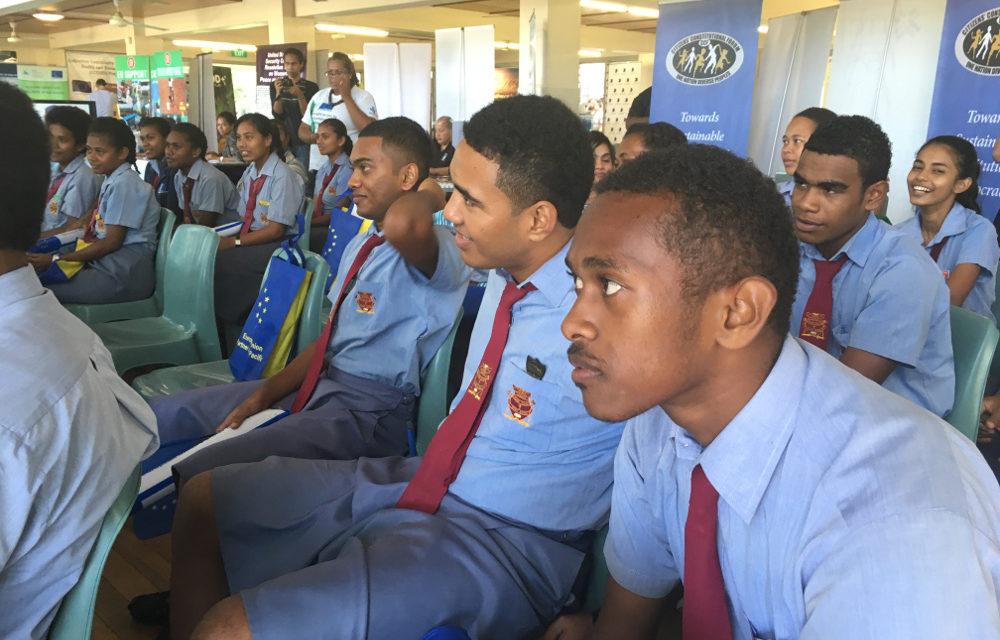Have you ever had a conversation with someone, debating and discussing your opinions on “what actually is the real problem”? Maybe about what policies need fixing or what needs addressing? Ever felt the need to share your ideas about something anyone willing to listen or listened to a colleague harp incessantly about a pet topic because EVERYONE thinks so?
EVERYONE, the term we take the liberty of using to weigh in on any discussion that needs a degree of certainty. Surely, everyone thinks so. Everyone was disappointed. I’m so embarrassed, everyone was just looking at me. When truly, at most, it is nothing but a generalization or at least is an exaggeration of a one or two time anecdotal reference.
Decision-making can be daunting when you are unsure of facts and are relying on intuition or what you perceive the elusive “everyone” is thinking, regardless of whether this is a personal decision or a decision that affects others. Making informed decisions is always something you can rely on to have positive results both in the immediate and in the aftermath of the choices made. Now with all due respect to the lunch and bagel choices that you may be thinking of as you read this, let me draw your attention to decisions that affect children. Decisions in education.
The Pacific Community through the Educational Quality and Assessment Programme (EQAP) realizes the need to make informed decisions that affect the quality of education that directly affects Pacific children. EQAP has hosted multiple workshops, interviews, surveys and trainings on databased decision making that will all culminate in a regional summit in Fiji this week.
Undeniably, timely and high-quality information on educational performance is essential for policy and planning. However, investments in information are only worthwhile if that information is used by decision makers such as policy designers and managers. In that regard, efforts to improve education management information systems need to address both the collection and analysis of information as well as the proper utilisation of that information.
Crucial in these processes are the Pacific Island Countries (PICs) Education ministries’ own education management information systems. The strengthening of decision-making in education policy and planning requires evidence of where development needs are greatest, timing when programmes are implemented, and what impact those programmes are having.
The regional summit has been established to help develop understanding the main development challenges, to share best practices in the region and to explore how countries can make better use of their education data and information.
FACT BOX
When: 13 – 17 Nov 2017
Where: Warwick Fiji
Aims to achieve: 1. document the needs and potential use of education information at the country and regional level. 2. establish and strengthen the education information network in the region. 3. identify and share best practices and lessons learned on institutional data management and use for improving education in the region.
Countries present:Cook Islands, Federated States of Micronesia, Fiji, Kiribati, Marshall Islands, Nauru, Niue, Palau, Papua New Guinea, Samoa, Solomon Islands, Tokelau, Tonga, Tuvalu and Vanuatu
